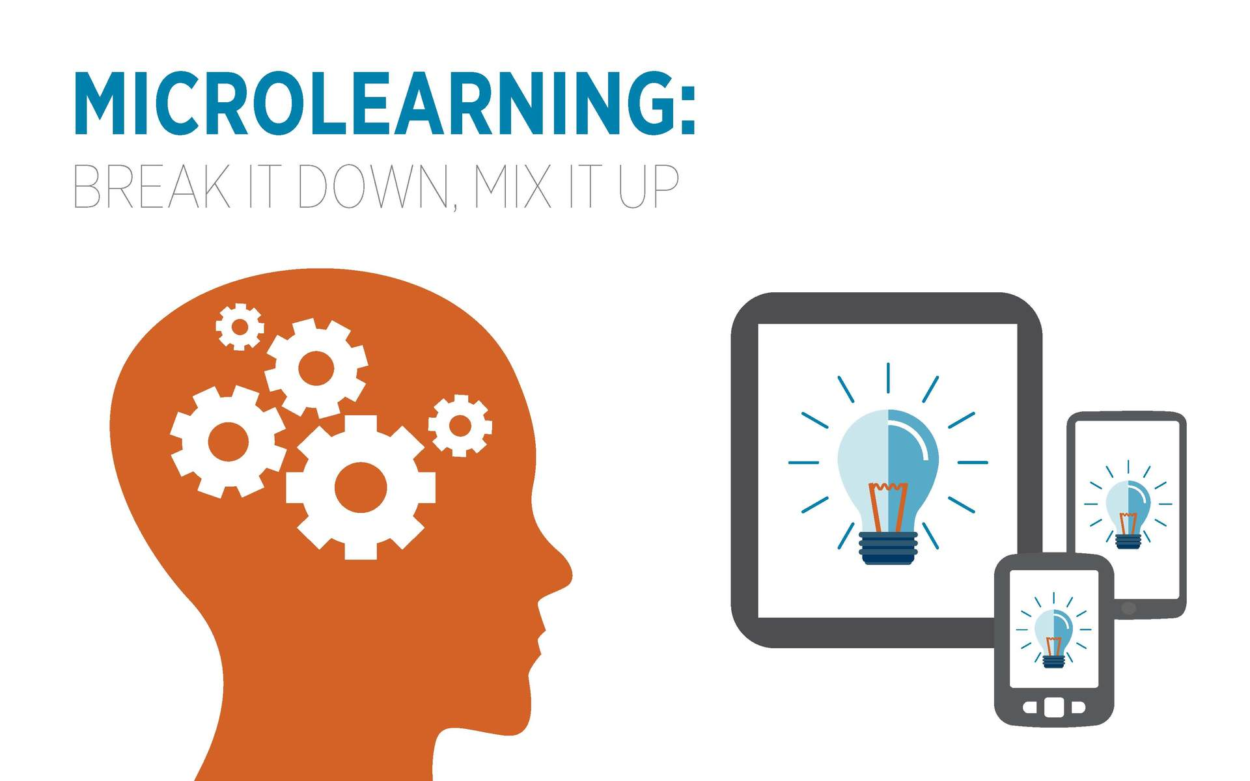SOURCE:helpnetsecurity.com
Cyber attacks are on the rise during this year of uncertainty and chaos. Increased working from home, online shopping, and use of social platforms to stay connected and sane during this year have provided criminals with many attack avenues to exploit.
To mitigate the threat to their networks, systems and assets, many organizations perform some type of annual cybersecurity awareness education, as well as phishing simulations. Unfortunately, attackers are quick to adapt to changes while employees’ behavior changes slowly. Without a dramatic shift in how we educate employees about cybersecurity, all industries are going to see a rise in breaches and costs.
Right now, cybersecurity education is lost and forgotten in most employees’ brains. It has not become important enough to help them make better decisions in real-world situations. The core messages for most trainings don’t evolve and change. That’s not the case with cybersecurity education and training: attacks are ever-changing, they differ based on the targeted demographic, current affairs, and the environment we are living in.
Microlearning and gamification are new ways to help encourage and promote consistent cybersecurity learning. This is especially important because of the changing demographics: there are currently more millennials in the workforce than baby boomers, but the training methods have not altered dramatically in the last 30 years. Today’s employee is younger, more tech-savvy and socially connected. Modern training needs to acknowledge and utilize that.
Microlearning is the concept of learning or reviewing small chunks of information more frequently and repeating information in different formats. These variations, repetitions, and continued reminders help the user grasp and retain ideas for the long-term, instead of just memorizing them for a test and then forgetting them
The bad guys don’t stop learning and trying new things, meaning the good guys must, too.







Leave a Comment